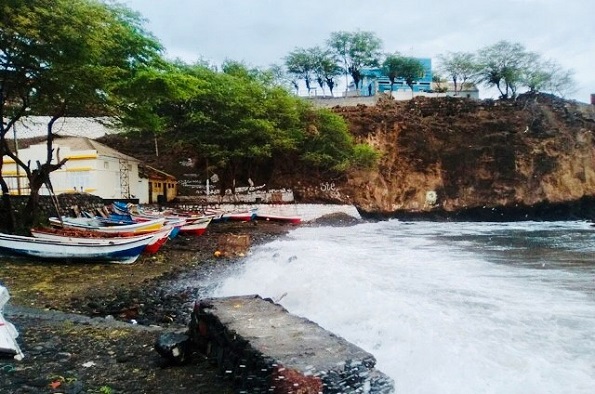
Challenging monolingual ideologies in minority language contexts: examples from Galicia and Cape Verde
Add this event to my calendar
Click on "Create a calendar file" and your browser will download a .ics file for this event.
Microsoft Outlook: Download the file, double-click it to open it in Outlook, then click on "Save & Close" to save it to your calendar. If that doesn't work go into Outlook, click on the File tab, then on Open & Export, then Open Calendar. Select your .ics file then click on "Save & Close".
Google Calendar: download the file, then go into your calendar. On the left where it says "Other calendars" click on the arrow icon and then click on Import calendar. Click on Browse and select the .ics file, then click on Import.
Apple Calendar: The file may open automatically with an option to save it to your calendar. If not, download the file, then you can either drag it to Calendar or import the file by going to File >Import > Import and choosing the .ics file.
Despite public discourses and political agendas that are entrenched in monoglossic language ideologies (both in Western societies and in post-colonial African contexts), there is extensive discussion amongst scholars about the value of multilingualism and multilingual education. This lecture, therefore, will draw on the cases of Galicia and Cape Verde to explore the tension between the monolingual habitus of the education system and the multilingual society which it serves (Piller, 2016), questioning the importance of grassroots initiatives for challenging and contesting monolingual paradigms from the bottom-up.
Nicola Bermingham joined the University of Liverpool as Lecturer in Hispanic Studies in 2017. Nicola specialises in Sociolinguistics, and her research interests include Migration Studies, Minority Languages and Education. Her most recent project, entitled 'Monolingual Schools in Multilingual Societies: An Exploration of Language and Education in Cape Verde', explores how the language of instruction in schools can act as a tool to reinforce socio-economic inequalities. Nicola has also conducted extensive research on language and immigration in Galicia, Spain.
This event will be followed be a departmental drinks reception.
